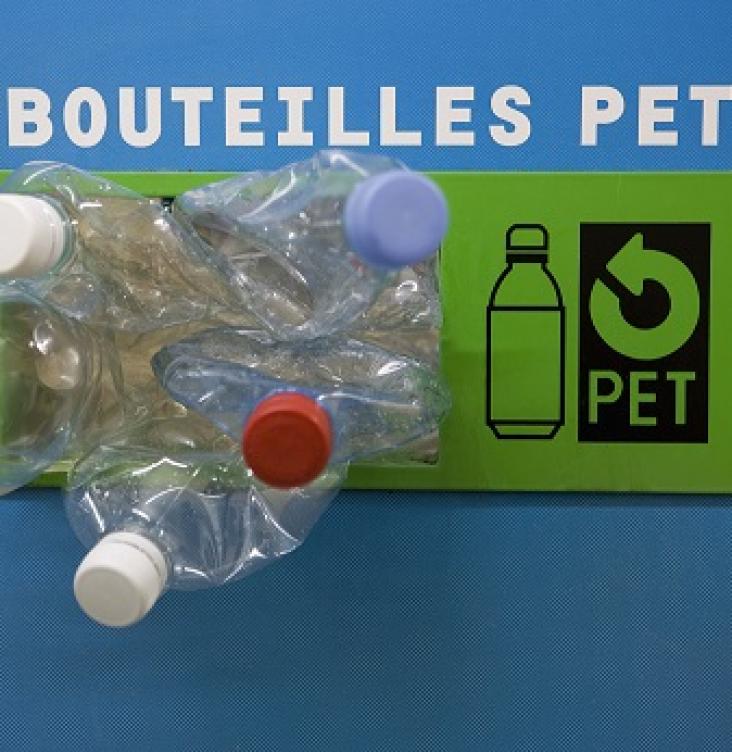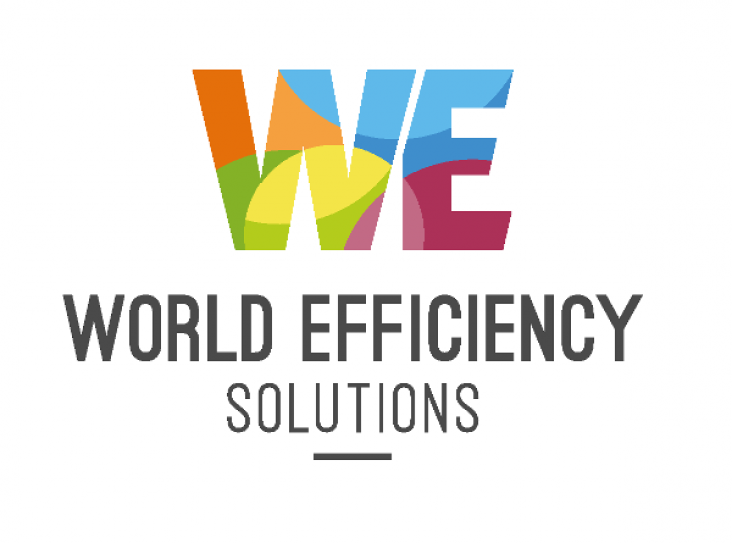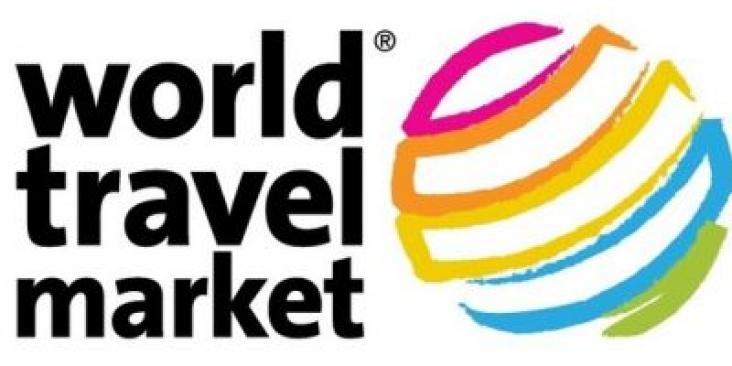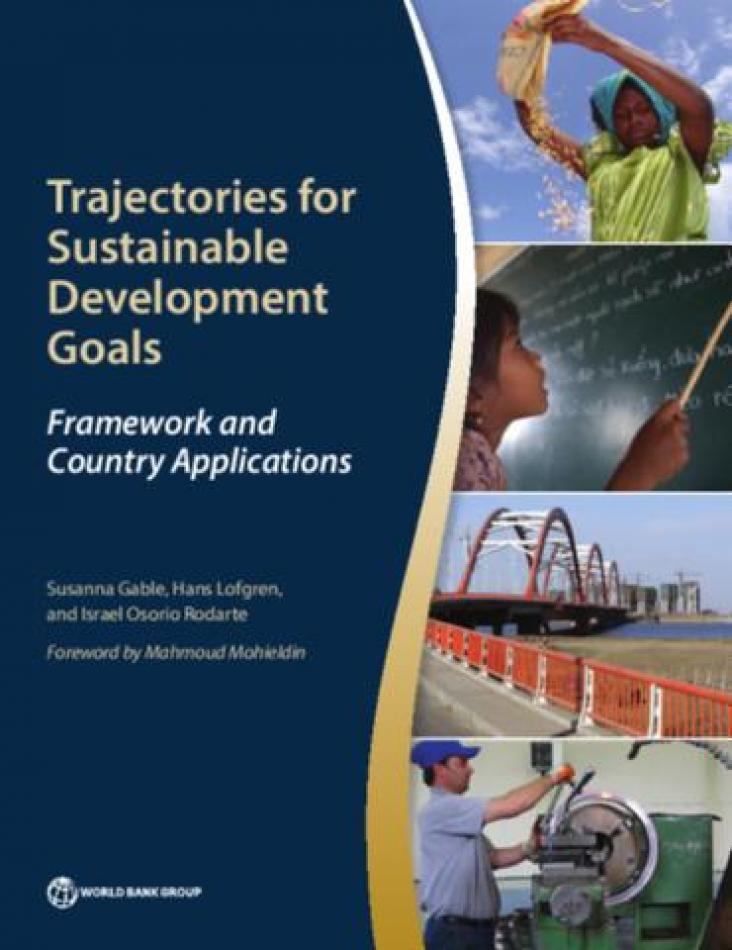
Supporting Goal 12. Higher plastics recycling targets in the EU do not necessarily have to be detrimental to EU polymers producers, who will find new business opportunities in the recycling industry. EU countries will need to improve their recycling systems in order to achieve a more unified approach.

Supporting Goal 12. The EU should keep and recycle its “valuable plastic” within a “single circular economy”, according to the European Commission’s vice president for jobs, growth, investment and competitiveness
Supporting Goal 12. The use of plastics in packaging has been thrust into the spotlight in recent months. A renewed focus on marine waste including microplastics as well as still high landfill rates for plastics has led for calls for a reduction in single-use plastics.
Supporting Goal 12. Moving towards a circular economy for nylon is a matter of when, not if, according to the CEO at one of Europe’s largest manufacturers of nylon textile filaments, Italy’s Aquafil.
Supporting Goal 12. LyondellBasell is taking a positive view of the EU’s new framework to eventually make all plastics packaging in the region recyclable and reduce plastics waste, seeing a more circular economy with exciting new opportunities

World Future Energy Summit is the world’s leading business event for future energy and sustainability, showcasing pioneering technologies and ground-breaking thinking in energy, energy efficiency, water, solar, waste, smart cities, climate and the environment. As a global hub for business, innovation and knowledge exchange, World Future Energy Summit inspires the advancement and transfer of ideas, technology and investment across borders and between the public and private sectors worldwide, helping stimulate sustainable growth for all.

World Efficiency Solutions (WES) is the premier international meeting for the low-carbon and resource-efficient economy focussed on creating the low-carbon and resource-efficient market place. WES was first held in 2015 in Paris during COP21 negotiations, focusing on climate change solutions. World Efficiency develops a new environment consensus: economic and human activities must, to be sustainable, be redesigned to limit their impact on the environment while awareness of the planetary limits (climate change and resources scarcity) becomes widespread. A key objective for WES 2017 is to Identify new market opportunities aligned to the 2030 Sustainable Development Goals (estimated market opportunities are larger than USD 12 trillion) and the Paris Agreement on Climate Change from 2015.

How to feed a population of 9bn in 2050? This was the question posed which provided the impetus for Elsevier to launch the bi-annual International Conference on Global Food Security Conference in 2013. Now in its 3rd year this highly regarded, research-led conference is focusing on five core conference themes to reflect an integrated approach to identifying solutions to the complex global challenge of food security: 1. Food creation 2. Food safety and bio security 3. Food loss and waste 4. Food in a changing society 5. Food utilization. Achieving global food security whilst reconciling demands on the environment is the greatest challenge faced by mankind. This directly supports SDG 2: to end hunger, achieve food security and improved nutrition and promote sustainable agriculture.

World Travel Market London provides a unique opportunity for the whole global travel trade to meet, network, negotiate and conduct business. For many years, WTM London has organised World Responsible Tourism Day, with the support of the United Nations World Tourism Organization. This is the world’s largest industry event focused on efforts to make the industry more responsible and sustainable. Each year leading figures from the industry, along with representatives of civil society and key organisations, gather to discuss the key issues facing the sustainable development of tourism

This book presents the country development diagnostics post-2015 framework, developed by the World Bank Group to assess the country-level implications of the post-2015 global agenda, as well as brief, ‘at-a-glance’ applications of the framework to ten countries: Ethiopia, Jamaica, the Kyrgyz Republic, Liberia, Nigeria, Pakistan, Peru, the Philippines, Senegal, and Uganda.
